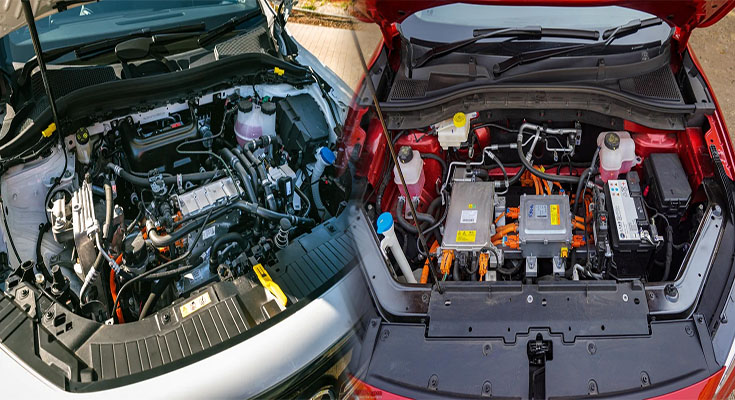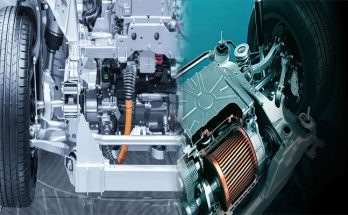As the popularity of electric vehicles (EVs) continues to soar, advancements in battery technology have enabled significant improvements in their range. One important consideration for EV owners is the optimal battery size, which strikes a balance between achieving long-range capabilities and maintaining efficiency. In this article, we explore the concept of optimal battery sizes for long-range EVs, shedding light on the factors to consider when selecting a battery that best suits your needs.
The Role of Battery Size in Range
The size of the battery pack in an EV directly impacts its driving range. Generally, a larger battery offers a longer range, as it provides more stored energy for the vehicle to use. However, it’s essential to strike a balance between range and efficiency to ensure optimal performance.
Factors to Consider
1. Driving Patterns and Needs
When determining the optimal battery size for a long-range EV, it is crucial to consider your typical driving patterns and needs. Evaluate the distances you typically travel and whether you frequently drive in urban areas or on highways. Understanding your driving habits will help you determine the minimum range you require to meet your daily needs comfortably.
2. Infrastructure and Charging Availability
Another factor to consider is the availability of charging infrastructure in your area. If you have access to reliable charging stations and can easily charge your vehicle overnight or during the day, you may opt for a smaller battery size. On the other hand, if charging stations are limited, or you plan to embark on long trips frequently, a larger battery size may be more suitable to ensure peace of mind and reduce range anxiety.
3. Weight and Efficiency
Battery packs are a significant contributor to the overall weight of an EV. A larger battery size typically means increased weight, which can impact the vehicle’s efficiency and overall performance. Heavy batteries may reduce the vehicle’s acceleration and energy efficiency, particularly during stop-and-go city driving. Therefore, finding the optimal battery size involves assessing the trade-off between range and weight-related efficiency.
4. Cost Considerations
The size of the battery pack has a direct impact on the cost of an EV. Larger battery sizes generally come with a higher price tag. It’s essential to weigh this cost against the benefits of increased range, considering both your budget and the value you place on an extended driving range.
Technological Advancements
Over time, advancements in battery technology have led to increased energy density and improved efficiency. This means that smaller battery sizes can now offer longer ranges compared to older models. As technological innovations continue to enhance battery performance, EV manufacturers are finding ways to maximize range while minimizing the physical size and weight of battery packs.
Selecting the optimal battery size for a long-range EV involves a careful balancing act between range, efficiency, driving patterns, charging availability, and cost considerations. It is essential to evaluate your specific needs, considering the distances you typically travel, the availability of charging infrastructure, and the efficiency impact of battery size. As technology continues to advance, the range capabilities of smaller battery packs are improving, offering more options for EV owners. Ultimately, finding the right battery size will ensure that your long-range EV meets your needs while maximizing driving efficiency and minimizing range anxiety. So, take the time to research and assess your requirements to select the optimal battery size that strikes the perfect balance between range and efficiency for your long-range electric vehicle.





